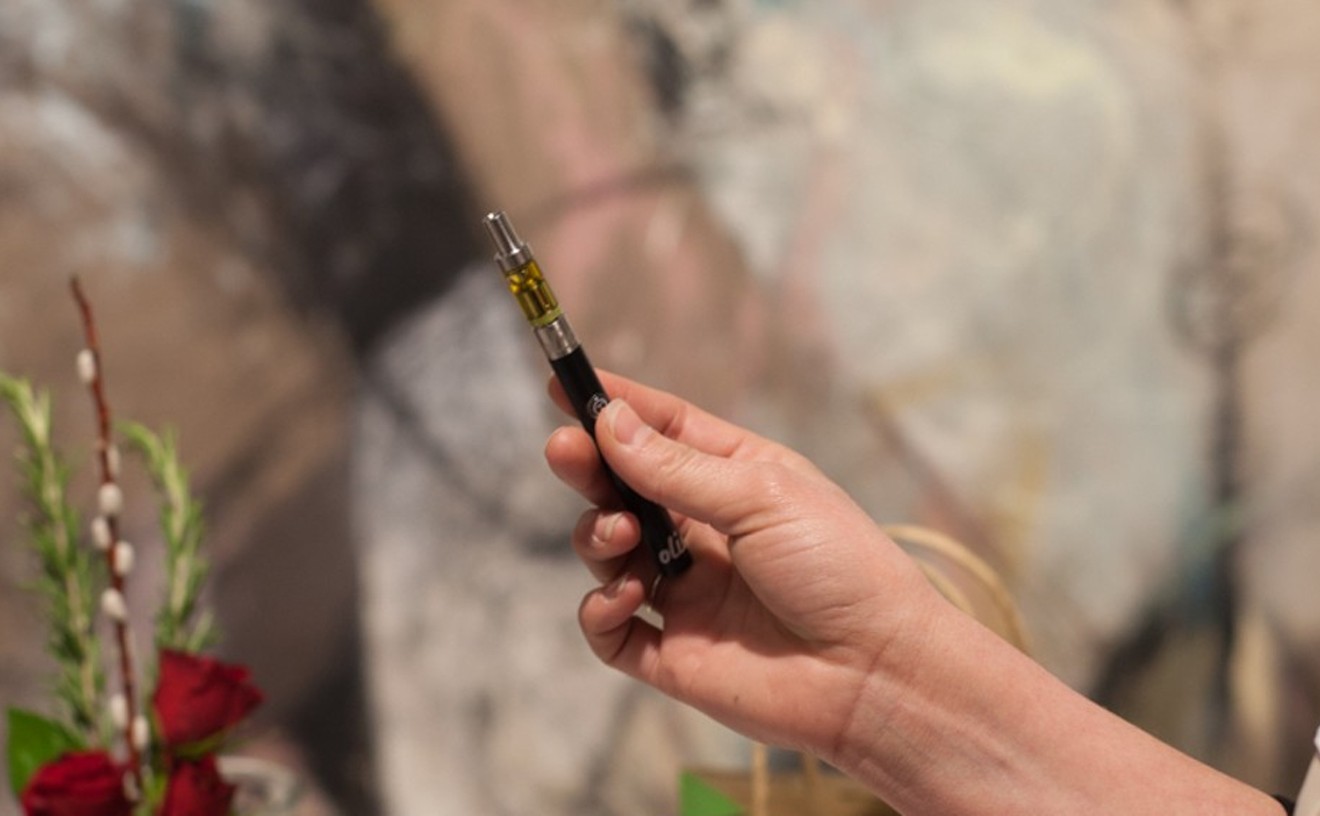Autism patients can use medical marijuana in Colorado now that Governor Jared Polis has signed a bill into law adding autism spectrum disorder to the state's list of MMJ conditions. It was no coincidence that the signing took place on April 2, World Autism Awareness Day.
Advocates had been pushing the idea for the past two sessions and were successful both times in the Colorado General Assembly. However, previous governor John Hickenlooper vetoed the 2018 bill that would've added autism to the state's list of conditions approved for MMJ, so the measure had another relatively quick go-round through the House and Senate this year.
Hickenlooper cited a lack of sufficient evidence that cannabis could help autism patients when vetoing the bill, but Polis displayed a very different outlook as he signed House Bill 1028 into law.
"It's National Autism Day today, and we are acting by expanding patients' access to cannabis products that help those with autism," Polis told a crowd in his office before signing the bill. "We know that not just anecdotally, but with a mounting amount of good scientific data that is coming in."
Parents of autistic patients advocating for the bill say that cannabis oils and tinctures help their children's verbal and cognitive abilities while curbing aggressive outbursts associated with certain aspects of autism. A 2017 study done in Chile found that oral cannabis extracts were "dramatically more effective than conventional medicines" at combatting ASD, while studies at the Shaare Zedek Medical Center in Jerusalem have shown cannabis to improve behaviors among autistic patients.
Representative Edie Hooton and Senator Stephen Fenberg, who'd pushed the bill in both 2018 and 2019, were present at the signing, as were several families with autistic children, who'd worked with lawmakers in the drafting process.
"They came to us because they needed relief from the severe symptoms from autism, and they were not able to make progress at the executive level," Hooton said. "I can speak on behalf of my fellow co-sponsors: This is just a victory for these families. It's such a privilege and honor to really make a difference for families with children who are suffering from autism spectrum disorder."
Patients under the age of eighteen must have their diagnosis records reviewed before receiving an MMJ recommendation from any physician, according to the new law, which took effect as soon as it was signed.
"We should always seek to err on the side of patients' access. With all the promise these treatments show, it's very important these patients have access," Polis told the crowd of autistic children and their families. "Kids, that's how we make a law."

Audio By Carbonatix
[
{
"name": "Air - MediumRectangle - Inline Content - Mobile Display Size",
"component": "12017618",
"insertPoint": "2",
"requiredCountToDisplay": "2",
"watchElement": ".fdn-content-body",
"astAdList": [
{
"adType": "rectangle",
"displayTargets": "mobile"
}
]
},{
"name": "Editor Picks",
"component": "17242653",
"insertPoint": "4",
"requiredCountToDisplay": "1",
"watchElement": ".fdn-content-body",
"astAdList": [
{
"adType": "rectangleLeft",
"displayTargets": "desktop|tablet"
},{
"adType": "rectangleRight",
"displayTargets": "desktop|tablet|mobile"
}
]
},{
"name": "Inline Links",
"component": "18838239",
"insertPoint": "8th",
"startingPoint": 8,
"requiredCountToDisplay": "7",
"maxInsertions": 25
},{
"name": "Air - MediumRectangle - Combo - Inline Content",
"component": "17261320",
"insertPoint": "8th",
"startingPoint": 8,
"requiredCountToDisplay": "7",
"maxInsertions": 25,
"watchElement": ".fdn-content-body",
"astAdList": [
{
"adType": "rectangleLeft",
"displayTargets": "desktop|tablet"
},{
"adType": "rectangleRight",
"displayTargets": "desktop|tablet|mobile"
}
]
},{
"name": "Inline Links",
"component": "18838239",
"insertPoint": "8th",
"startingPoint": 12,
"requiredCountToDisplay": "11",
"maxInsertions": 25
},{
"name": "Air - Leaderboard Tower - Combo - Inline Content",
"component": "17261321",
"insertPoint": "8th",
"startingPoint": 12,
"requiredCountToDisplay": "11",
"maxInsertions": 25,
"watchElement": ".fdn-content-body",
"astAdList": [
{
"adType": "leaderboardInlineContent",
"displayTargets": "desktop|tablet"
},{
"adType": "tower",
"displayTargets": "mobile"
}
]
}
]












